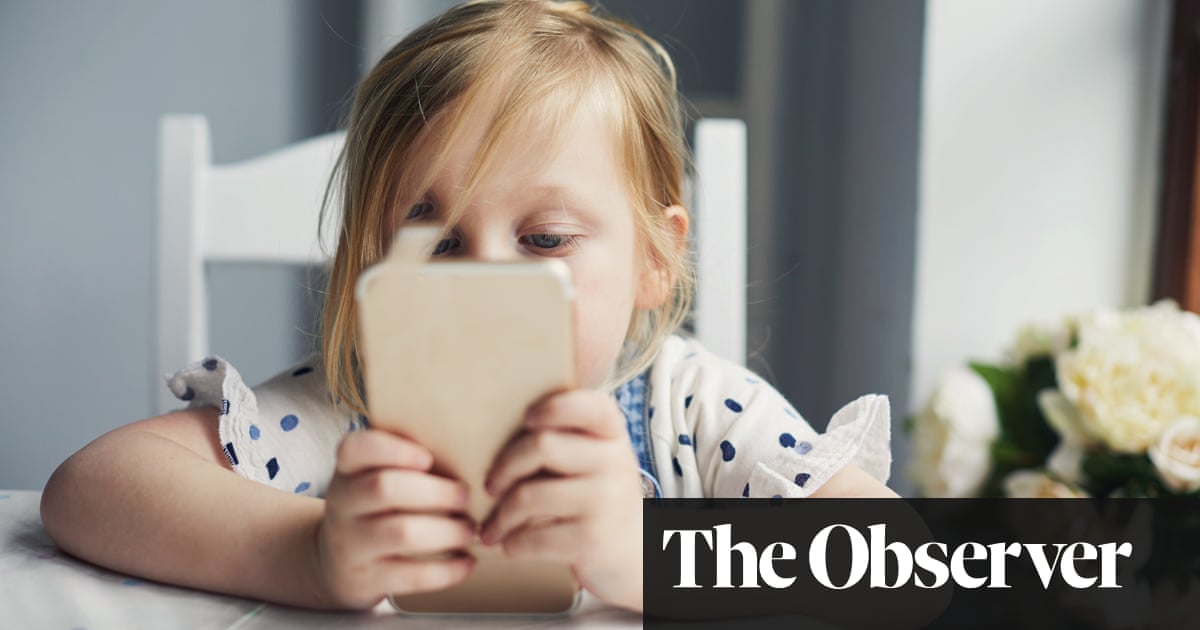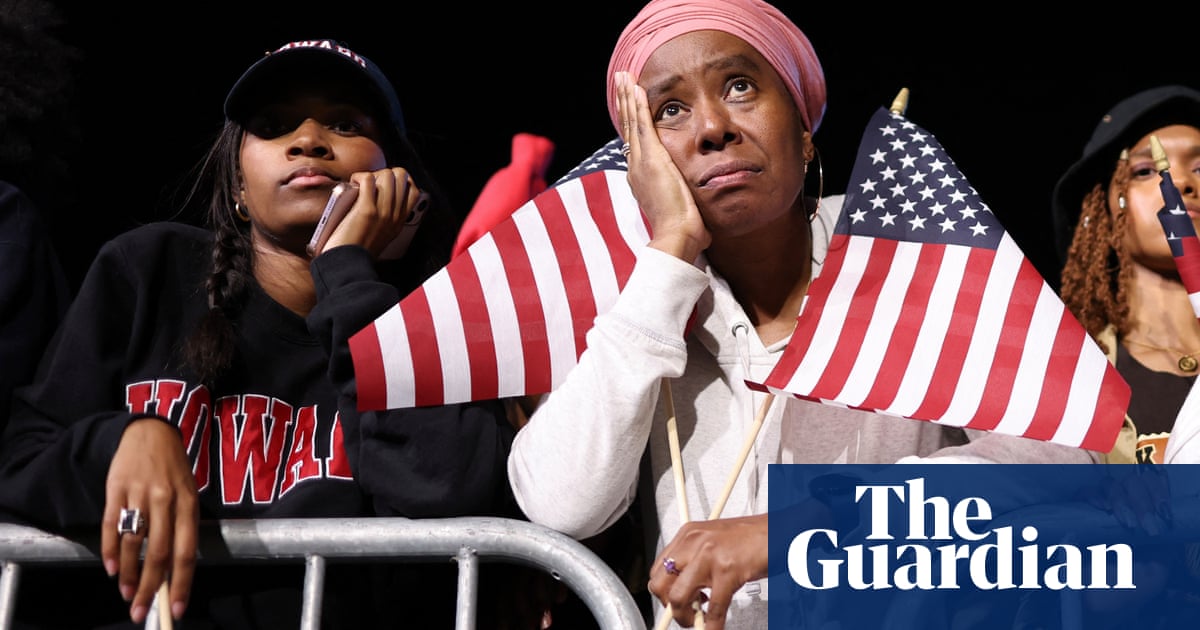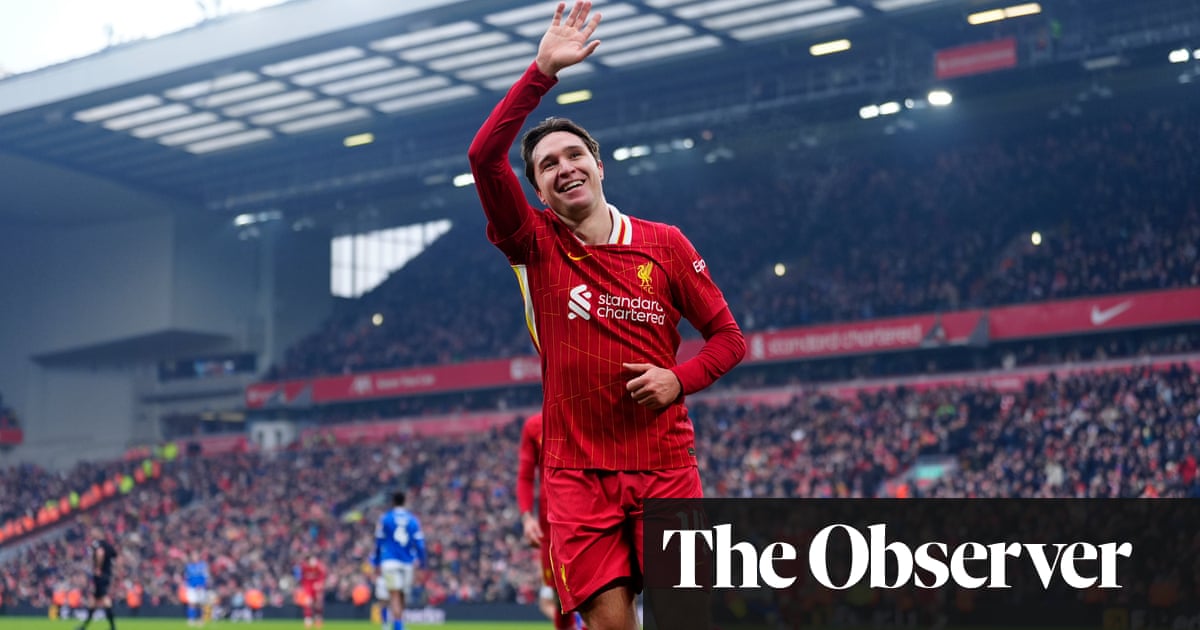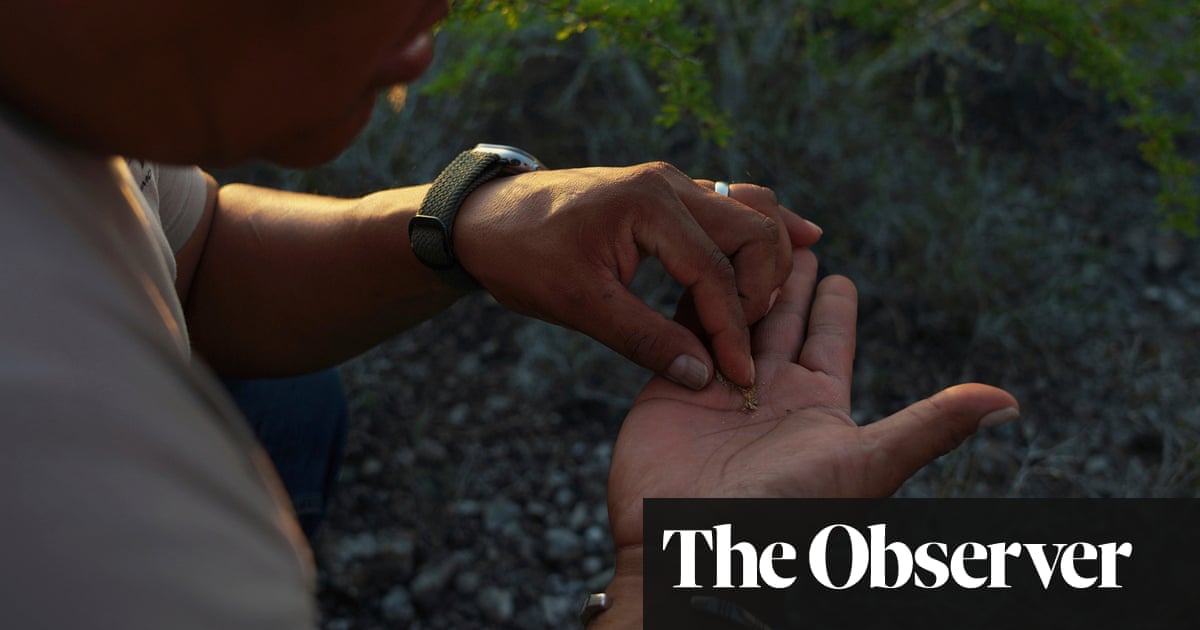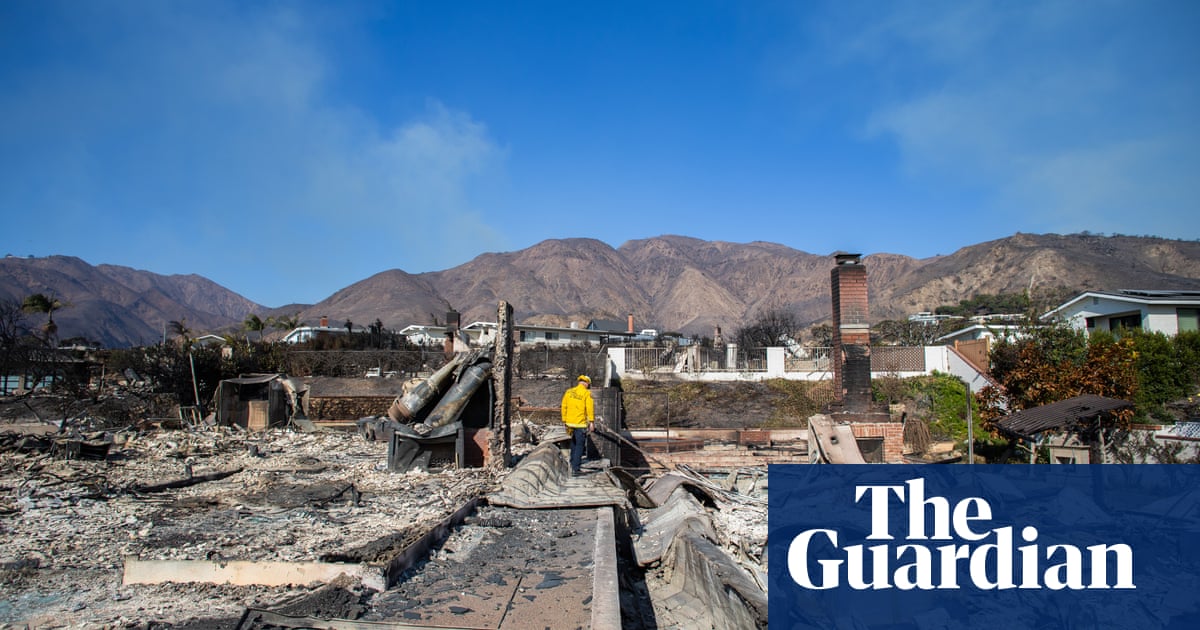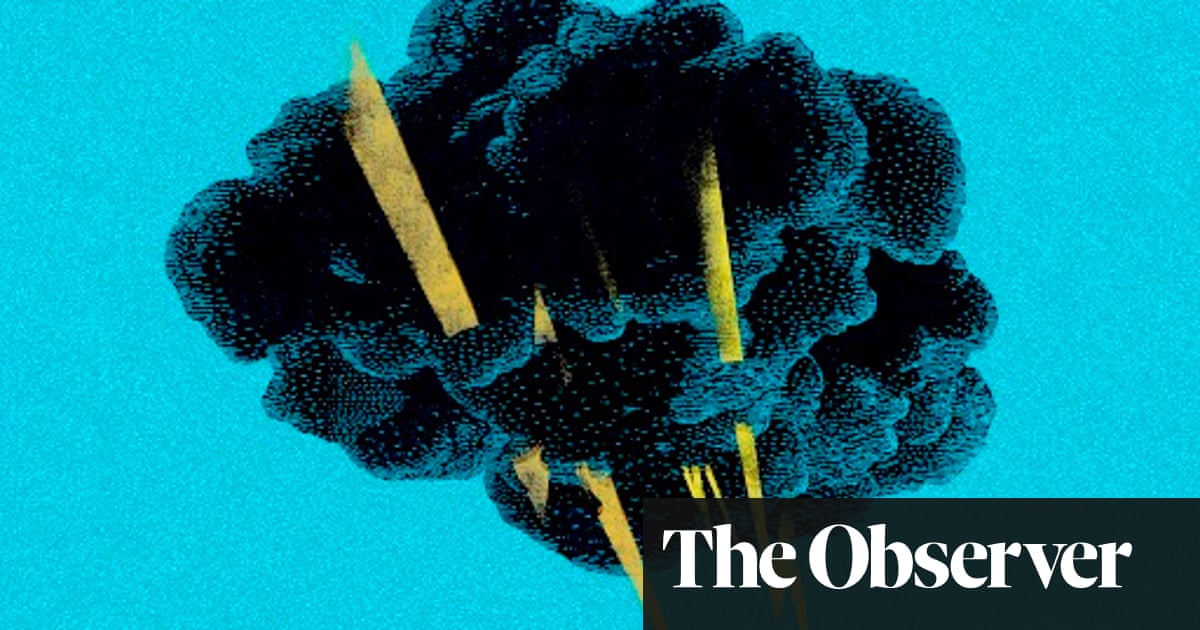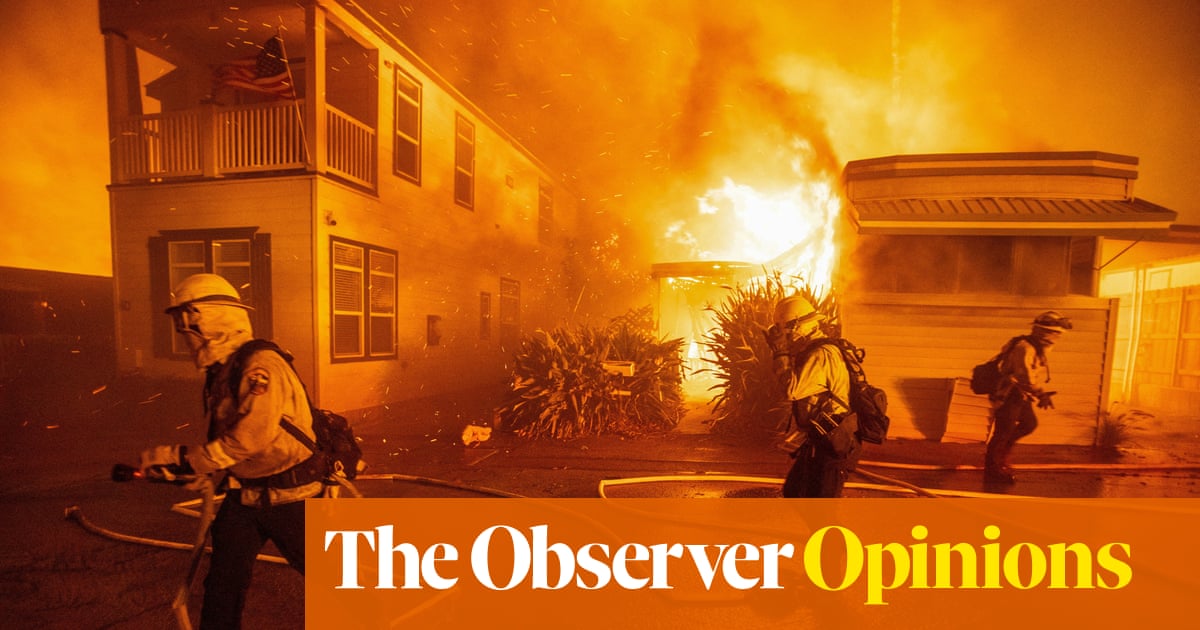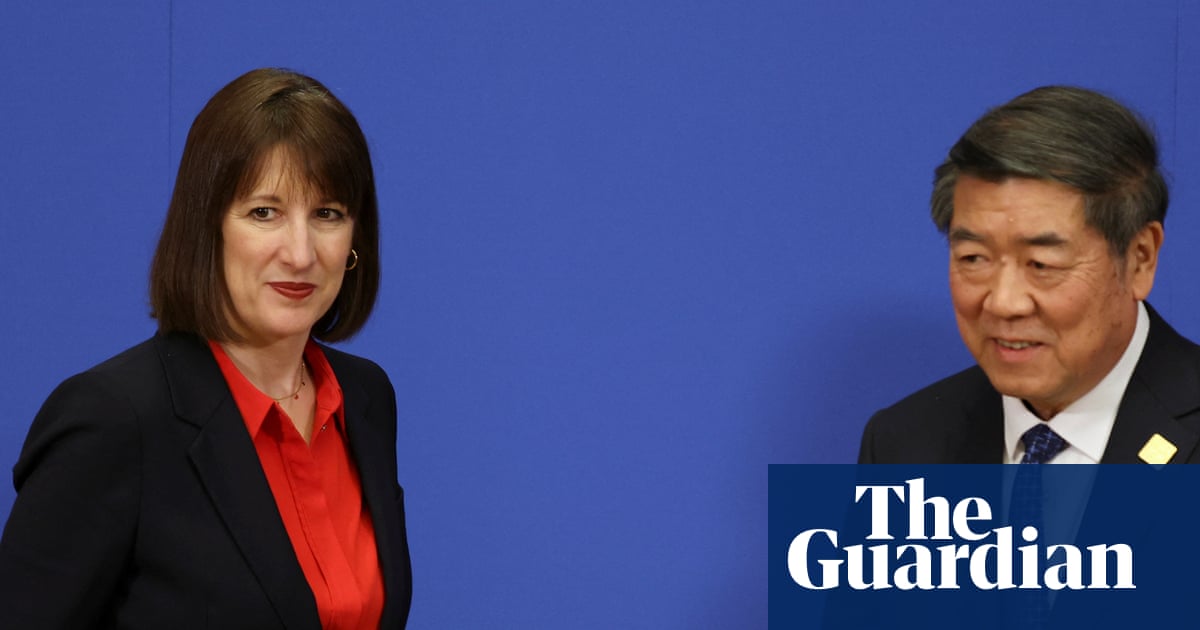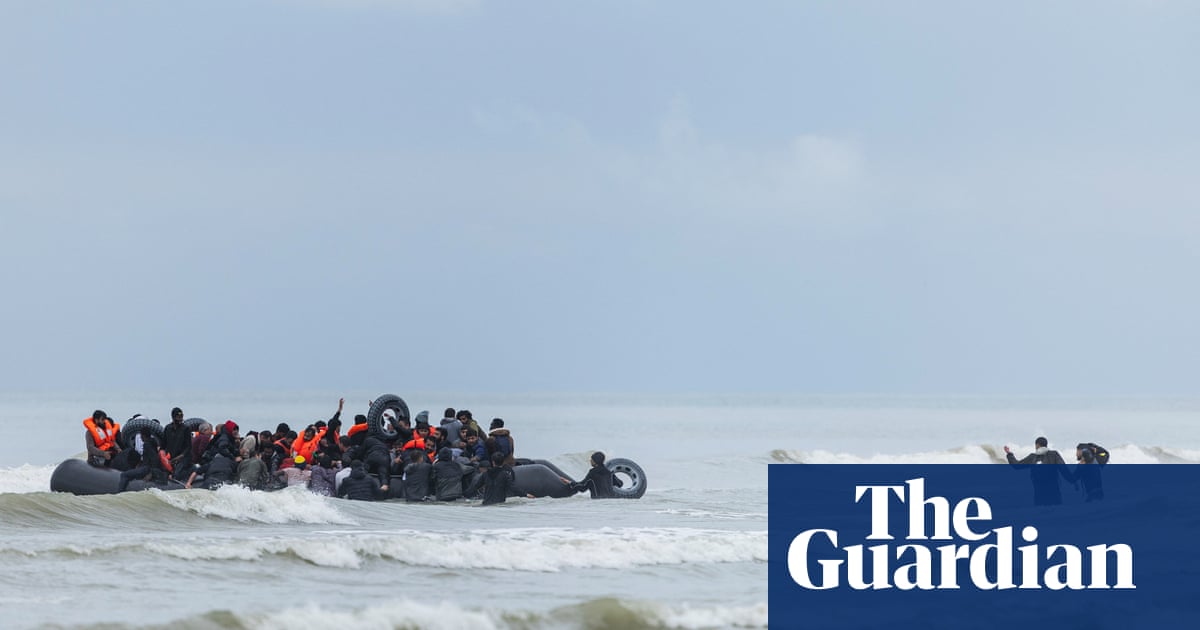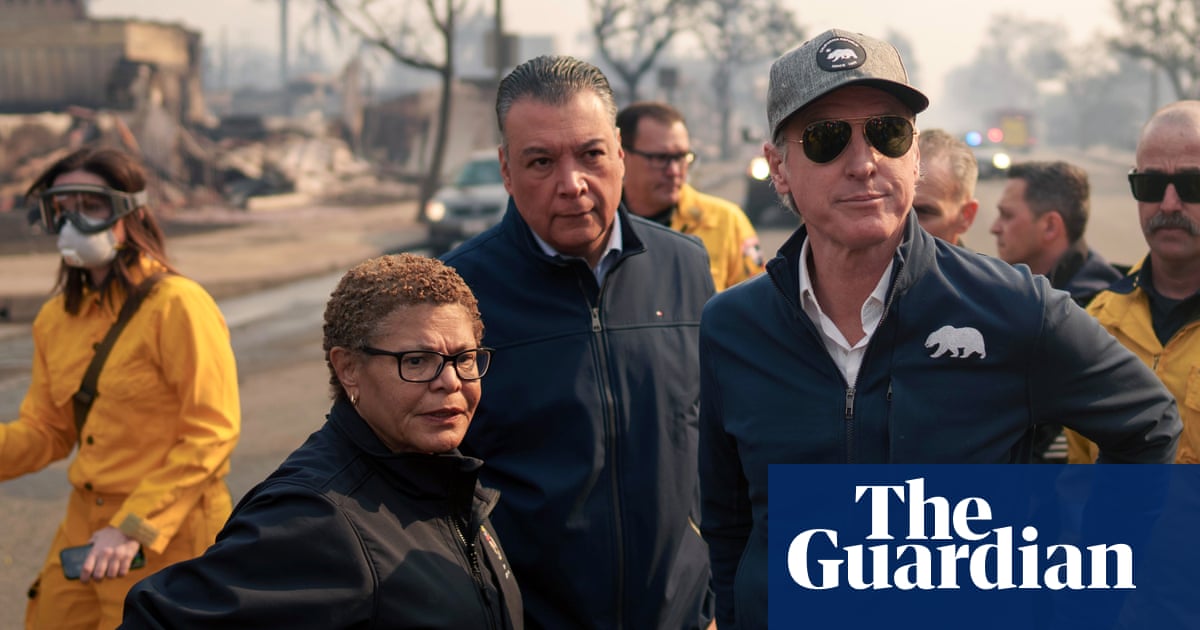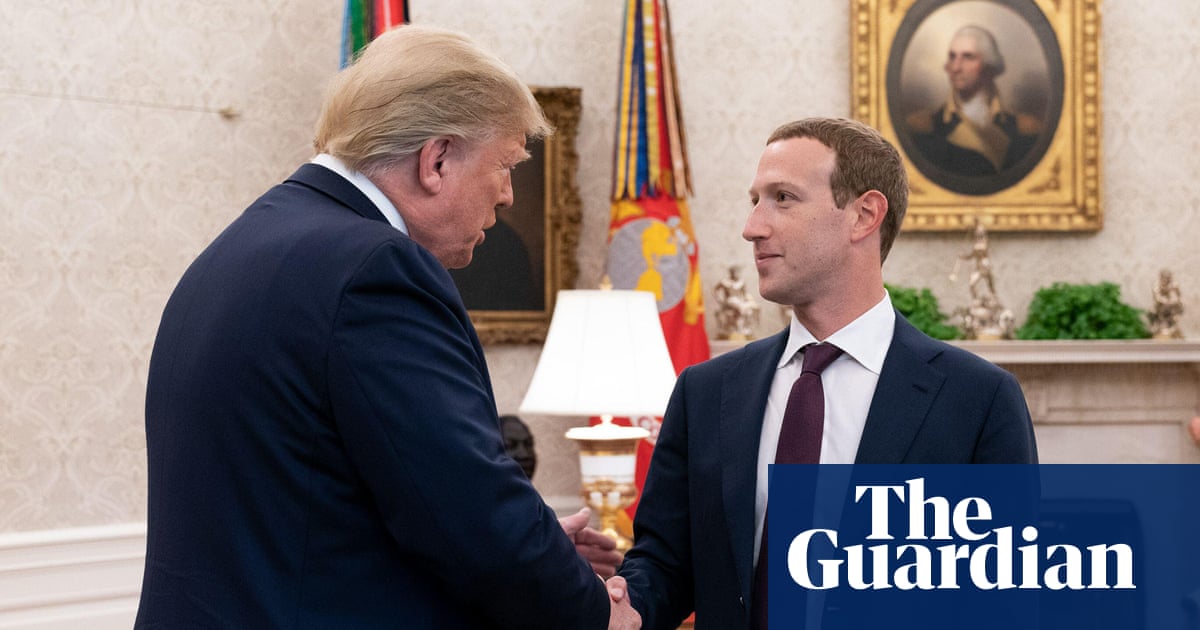When British crime writer Elly Griffiths released her fourth novel in the bestselling Ruth Galloway mystery series, she did her homework.
A Room Full of Bones, published in 2011 and republished in 2016, features mysterious deaths in horse racing stables and museums. Consequently the East Sussex-based author consulted a UK archaeologist, a UK museum curator, visited West Sussex’s Cisswood racing stables and picked the brains of a UK equine veterinarian specialist.
But central to the whodunnit plot is, as the author puts it herself, “Aboriginal skulls, drug smuggling and the mystery of The Dreaming”.
On her acknowledgements page Griffiths does not refer to any general research undertaken about First Nations people. Griffiths does mention the issue of repatriating human remains and refers to a children’s book written by non-Indigenous Australian John Danalis. Riding the Black Cockatoo tells the true story of how the writer repatriated to its rightful owners in northern Victoria an Indigenous skull that had sat on his parents’ mantlepiece throughout his childhood.
Last week Quercus publishing, a division of Hachette UK, told Guardian Australia it had pulled A Room Full of Bones from the shelves.
“Both Quercus and Elly Griffiths are profoundly sorry for the offence caused to readers and acknowledge that a thorough sensitivity read should have taken place,” Quercus’ statement said, a statement almost identical to that issued by Penguin Random House UK over the Jamie Oliver book Billy and the Epic Escape a week ago.
“We have agreed to withdraw A Room Full of Bones from further sale at once.”
Quercus did not respond to the Guardian’s queries about what research Griffiths had undertaken for the Indigenous component of the book. There is no suggestion there are any errors in Danalis’ book.
The initial complaint to the publisher came from Melbourne clinical psychologist Dr Jari Evertsz, who told the Guardian that, as the Jamie Oliver story broke in Australia, she had just finished reading a book she believed was riddled with “insulting errors” and incorrect facts about Indigenous culture.
That Griffiths had appeared to invest more research into the racing stables in her novel than the First Nations character Bob Woonunga, central to the book’s theme of Aboriginal dispossession, was disturbing, Evertsz said.
Bob, a poet, wears a possum fur cloak and plays the didgeridoo on the front lawn of his Norfolk countryside house – a place he rents, he tells the protagonist, because it has “good magic”. He speaks of “The Great Spirit” – a concept central to some North American First Nations people’s spirituality, not Australian – and, at one point, stages a “smoke ceremony”, involving a bonfire set alight in a party-like atmosphere.
Bob is an admirer of the work of the real-life deceased literary icon Oodgeroo Noonuccal, the first Aboriginal Australian to publish a book of verse. Her name is misspelt as Ooderoo Noonuccal in the novel.
“I’m sure, like Jamie Oliver, Elly Griffiths didn’t want to upset anybody, and I’m sure they’re both nice people,” Evertsz told the Guardian.
“But I think this reveals something about nice people in Britain who don’t think it’s important enough to check such facts, that it’s OK to use whatever comes to mind.
“Perhaps it’s an unconscious process- a sort of automatic default to colonialism.”
An expert’s view
ABC journalist and Bundjalung and Kullilli writer Daniel Browning was initiated into UK academic circles just two weeks ago, taking up Cambridge University’s First Nations writer-in-residence fellowship. His first public gig was a 14 November appearance on BBC Radio 4’s program Moral Maze, where the Jamie Oliver controversy was the day’s topic of discussion. The show’s host, Michael Buerk, disagreed with Browning during the show, adamant that as Oliver had meant no deliberate harm the book should have never been removed from sale. If some people were offended by his portrayal of an Indigenous character, that was their problem, not Oliver’s.
Browning told the Guardian that bestselling white British writers like Oliver and Griffiths, who “held all the power in the representation economy”, had abrogated their moral responsibility by delivering poorly researched and erroneous works.
“The errors, the stereotyping, what it all goes back to is pure intellectual laziness,” he said.
“These are people who will be read in ways that I will never be read. Blak people who have been writing their whole lives will never be read as much as these guys. And yet they still get to dictate what we look like.
“Well, we are not there for your delectation. We are not there to be used and consumed as you think fit. What you say about us matters. In the representation economy we are 3%, we are never going to have the audience that you have. We are never going to have the number of readers that you have. So when you write something about us, at least check the facts.”
after newsletter promotion
Past imperfect
Publishers in the UK and elsewhere aren’t necessarily trawling through their back list after the Oliver controversy, one veteran of the Australian publishing industry told the Guardian.
“It costs money to pull books from shelves, nobody wants to do that,” the source said.
“So it’s done only when something erupts and they’re forced to manage the issue, because it’s all about damage to reputations.”
Most major publishing houses do, however, conduct what the industry calls sensitivity checks, where any material deemed controversial, both in fiction and non-fiction titles, is put through an internal cultural filter.
That didn’t happen in either Oliver’s or Griffith’s case (Oliver said he asked for one). Both Penguin Random House UK and Quercus/Hachette have said the onus was on them, and they fell short.
There is no taboo on non-Indigenous writers mining First Nations themes and creating First Nations characters in their works, but as any creative writing class 101 is likely to be told: write what you know, write what you experience.
More than four decades have passed since Thomas Keneally’s The Chant of Jimmie Blacksmith became a Booker prize finalist.
In 2001 Keneally told the ABC’s Phillip Adams he was wrong to have written the story of Jimmie Blacksmith from the black perspective.
During a panel discussion at the 2017 Vivid festival in Sydney Keneally apologised for “assuming the Aboriginal voice”.
“We can enter other cultures as long as we don’t rip them off, as long as we don’t loot and plunder, as long as we treat them with cultural respect,” he said.
Creative Australia has produced two extensive First Nations-led documents, Protocols for Producing Indigenous Australian Writing and Protocols for using First Nations Cultural and Intellectual Property in the Arts.
Both offer guidelines to writers on avoiding the pitfalls of cultural stereotyping and cultural appropriation, and a warning to publishers they “should not assume that traditional Indigenous stories are free to be exploited. It is necessary to consult with relevant Indigenous people for permission.”
The latter document sites the example of Kate Grenville who, before publishing her 2006 Booker prize finalist The Secret River, consulted extensively among Darug elders and requested Indigenous writer Melissa Lucashenko and Indigenous historian John Maynard read the book in draft form.
“[They tactfully pointed out several big mistakes I’d made (eg having Darug play didgeridoos in 1816). As well as picking up areas of my ignorance like that, they reassured me about the value of what I was doing. I’d been anxious that with a non-Indigenous world-view I might, even with the best of intentions, have been offensive or disrespectful.”
As of Friday afternoon, A Room Full of Bones was still being advertised on the publisher’s and the author’s websites.

.png) 1 month ago
15
1 month ago
15
